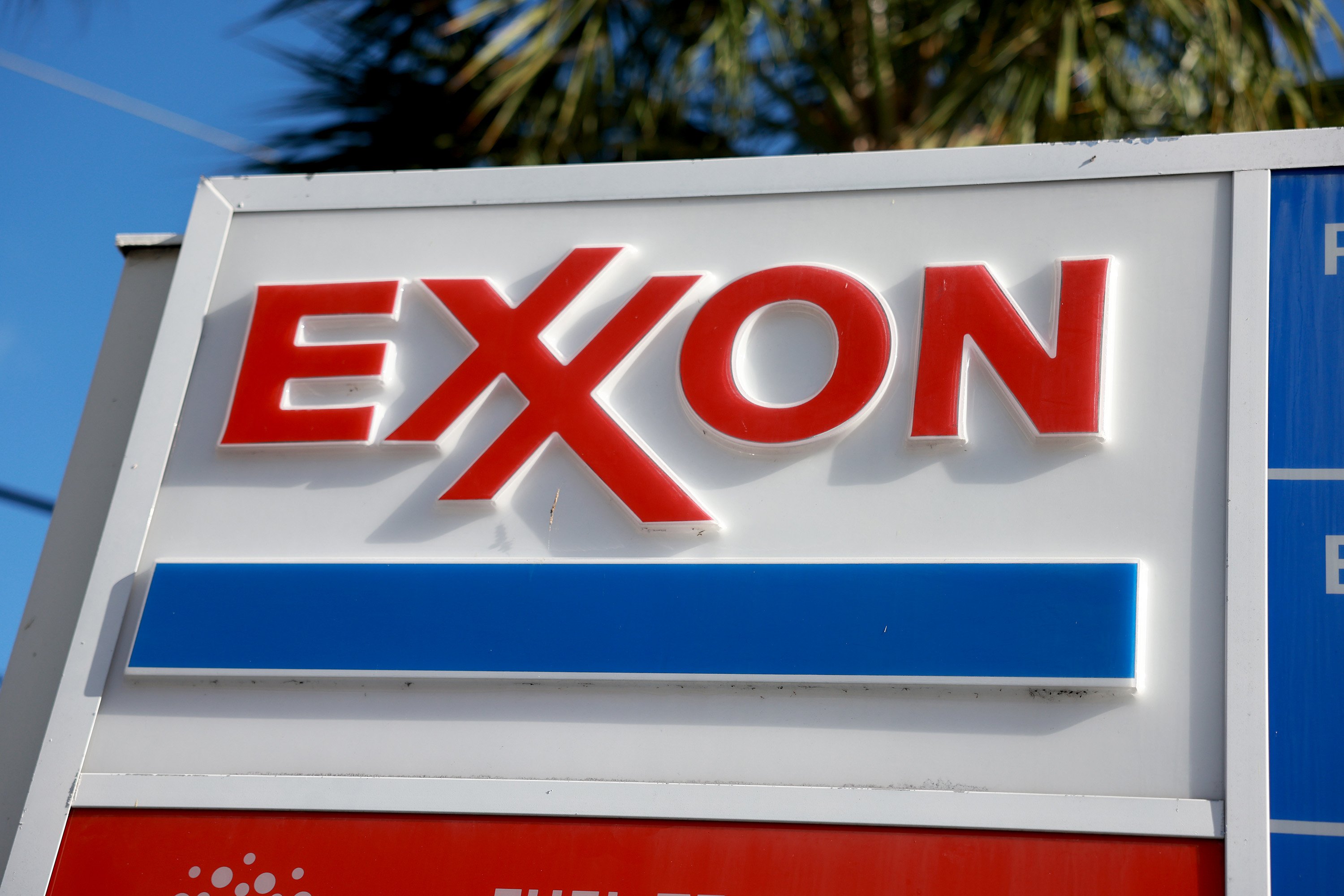As the oil and gas industry anxiously awaits President Obama's final decision on TransCanada's (TRP +1.05%) Keystone XL -- the controversial pipeline that would bring hundreds of thousands of barrels of oil from Canada's oil sands to refiners along the U.S. Gulf Coast -- commentators have drawn attention to its operator's less than stellar track record with respect to pipeline safety.
Some even view it as a strong enough reason to reject the pipeline. Do these skeptics have a point? Or are they embellishing the company's safety-related transgressions simply to push their own agenda? Let's take a look.
TransCanada's claims
As expected, Calgary-based TransCanada remains adamant about its safety record, which it characterizes as "industry-leading." In a section of its website, the company states:
TransCanada has an industry-leading safety record building and operating pipelines across North America for more than 60 years. Our first priority is the safety of our employees and the public. ... Safety is built into the full life cycle of a pipeline, starting with design, construction, operation and eventually abandonment or retirement.
These claims may be convincing when read on a fancy, professional-looking website or when backed by leading experts. But even a cursory review of the company's track record suggests otherwise.
Issues with Keystone I and Bison pipelines
Consider Keystone I, the company's first crude oil pipeline, which transports mainly oil sands crude from Alberta to Cushing, Okla., as well as to refiners in Illinois. As with Keystone XL, the company was initially highly confident about the pipeline's construction quality and adherence to safety standards, claiming that it would "meet or exceed world-class safety and environmental standards."
TransCanada also expressed confidence in its estimates for potential spills arising from Keystone I, as well as other environmental risks posed by the project. The company said Keystone I would leak less than twice a decade and highlighted 51 special conditions that it had followed to ensure utmost safety -- very similar to its claims about Keystone XL. But shortly after the pipeline went into service in 2010, TransCanada was proved wrong.
In its first year alone, Keystone I started to experience major issues and reported numerous leaks. The most serious of these occurred in May 2011, when the pipeline spilled roughly 500 barrels of oil at a pump station in North Dakota. That accident marked the Keystone system's 10th spill, all of which were related to equipment failures at pump stations .
Shortly thereafter, federal pipeline regulators decided to intervene and slapped TransCanada with a Corrective Action Order (CAO). The company was forced to temporarily shut down the pipeline, after regulators determined that it was an imminent threat to life, safety, and the environment. That made Keystone the newest pipeline ever to be given such an order.
Similarly, consider TransCanada's Bison natural-gas pipeline, which exploded in a remote location near Gillette, Wyo., in July of 2011 -- just six months after going into service. According to documents obtained by CBC News, Canada's largest news broadcaster, the Bison pipeline suffered from a litany of problems related to improper welding and substandard safety inspections that became apparent during construction.
Yet just two months before Bison exploded, TransCanada's director of pipeline integrity lauded the pipeline's quality, claiming it had been built with "state-of-the-art" technology. "They [the pipelines] will be in place for 20 or 30 years before they need any repairs," he added.
Final thoughts
While a pipeline such as Keystone would almost certainly provide the U.S. with greater energy security over at least the next several years, as well as tens of thousands of temporary construction jobs, safety should be an overarching priority. That's especially true for Keystone XL, since it would carry massive quantities of diluted bitumen, or "dilbit" crude, a type of crude oil thought to be more corrosive and more difficult to clean up.
As the recent ExxonMobil (XOM 0.99%) spill in Arkansas highlighted, oil spills can be quite a hassle to clean up and can often result in the imposition of hefty fines. TransCanada would be wise to follow through with its claims regarding Keystone XL's top-notch safety measures, not only for its own good but also for the benefit of the environment and the communities that lie along the pipeline's proposed route.








